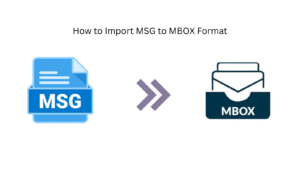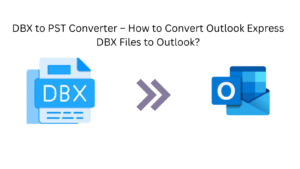
In today’s fast-paced business environment, integrating ERP (Enterprise Resource Planning) and CRM (Customer Relationship Management) systems is no longer optional—it’s essential. The best ERP CRM integration pros know this, and they’ve fine-tuned strategies to bring out the best in both platforms. If you’re wondering how to streamline operations, enhance customer insights, and make smarter decisions, this guide will show you how the experts do it – and how you can too.
- They Start with a Clear Integration Strategy
Top professionals never dive into ERP-CRM integration without a plan. They begin by identifying:
- Which departments will benefit most
- What data should be shared between systems
- The specific business goals the integration should support
Whether it’s improving sales forecasting, reducing manual data entry, or enhancing customer experience, they always align tech with strategy.
Tip for You: Start by mapping your workflows and identifying where disconnected data slows your business down.
- They Focus on Data Consistency
The best ERP and CRM integration experts ensure clean, consistent, and synchronized data. Why? Because inconsistent customer or order data across systems can lead to billing issues, sales errors, and poor customer experiences.
Tip for You: Before integration, audit both systems to clean up duplicate records, outdated contacts, and inconsistent formats.
- They Choose the Right Integration Tools
Whether it’s middleware, custom APIs, or native connectors, professionals choose tools that fit their business size and tech stack. They understand the differences between:
- Point-to-point integrations (good for simpler needs)
- Middleware platforms (ideal for scalable, complex ecosystems)
- Custom development (tailored to unique business processes)
Tip for You: Don’t just pick the cheapest or fastest tool—pick the one that matches your current and future growth plans.
- They Automate Workflows Intelligently
Integration pros don’t just connect systems—they build intelligent automations. For example:
- Auto-creating invoices in ERP when a deal is closed in CRM
- Syncing inventory and order status with customer records
- Triggering email updates based on delivery or billing changes
Tip for You: Look for high-impact, repetitive tasks that can be automated between your ERP and CRM platforms.
- They Prioritize Security and Compliance
Data security is a top priority for integration experts. They ensure the flow of customer and financial data between ERP and CRM systems is encrypted, monitored, and compliant with industry regulations like GDPR, HIPAA, or SOX.
Tip for You: Work with a provider that understands your industry’s compliance standards and builds security into your integration plan.
- They Monitor and Optimize Continuously
The best ERP-CRM pros treat integration as an ongoing process—not a one-time project. They:
- Monitor sync errors and data mismatches
- Adjust workflows as business needs evolve
- Keep systems updated and aligned
Tip for You: Set up regular check-ins with your IT or software partner to audit and fine-tune your integration.
Final Thoughts
Integrating your ERP and CRM systems is a game-changer—if done right. The best pros don’t just connect software; they connect strategy, people, and processes. By following their lead, your business can unlock greater efficiency, better decision-making, and a truly unified customer view.
Whether you’re planning your first integration or optimizing an existing one, don’t go it alone. Partner with an expert who understands both ERP and CRM systems inside and out.







